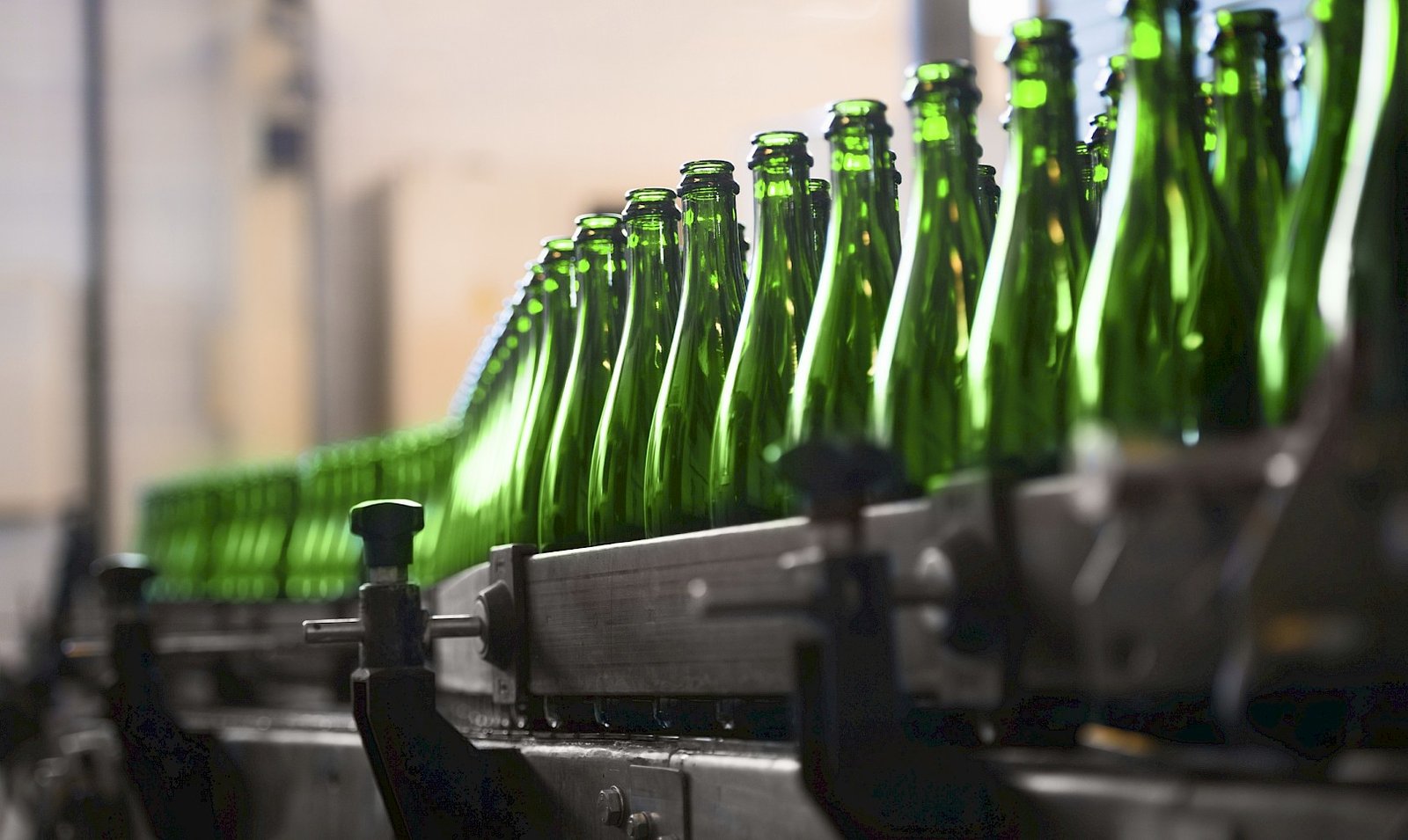Industrial Minerals in Ethiopia
Ethiopia is not only known for its rich cultural heritage and ancient history but also for its vast mineral wealth. While the country is increasingly recognized for its gold and agricultural exports, industrial minerals in Ethiopia are quietly becoming a cornerstone of its economic growth.
From construction to ceramics and glass manufacturing, industrial minerals are essential for both local industries and export markets. Let’s explore the key industrial minerals found in Ethiopia and their growing role in the nation’s development.
What Are Industrial Minerals?
Industrial minerals are non-metallic minerals used for their physical or chemical properties rather than for energy or metal extraction. These minerals are vital in industries such as:
- Construction
- Ceramics
- Glass manufacturing
- Agriculture
- Cosmetics
- Paint and paper production
In Ethiopia, the abundance of these minerals is becoming a strategic asset for economic diversification and industrialization.
Key Industrial Minerals in Ethiopia

Ethiopia is home to a wide range of industrial minerals. Here are some of the most prominent ones:
1. Silica Sand (Quartz Sand)
Found in regions like the Awash Valley and around Lake Ziway, silica sand is crucial for glass manufacturing and construction. Ethiopia’s high-purity silica reserves are attracting foreign investors in the glass and solar panel industries.
2. Kaolin (China Clay)
Kaolin deposits are found in several parts of Ethiopia, particularly in the Amhara and Southern Nations regions. It’s used in the paper, ceramics, and cosmetic industries.
3. Feldspar
Feldspar is widely used in the production of ceramics and glass. Ethiopia’s feldspar reserves, especially in the Tigray and Oromia regions, are of high quality and suitable for export.
4. Gypsum
Ethiopia has abundant gypsum deposits, particularly in the Harari and Dire Dawa regions. Gypsum is essential for cement and plaster production, supporting the country’s booming construction sector.
5. Talc
Talc is found in the Benishangul-Gumuz and Oromia regions. It is used in cosmetics, paints, and plastics due to its softness and absorbent properties.
The Economic Impact of Industrial Minerals
The development of Ethiopia’s industrial mineral sector is contributing to job creation, rural development, and increased export revenues.
With the government promoting private investment and infrastructure development in the mining sector, Ethiopia is positioning itself as a regional supplier of high-quality industrial minerals.
Moreover, the use of these minerals in local industries is reducing reliance on imports and supporting the growth of small and medium enterprises (SMEs).

Frequently Asked Questions (FAQs)
1. What are the most valuable industrial minerals in Ethiopia?
Silica sand, kaolin, feldspar, gypsum, and talc are among the most valuable industrial minerals in Ethiopia due to their high demand and quality.
2. Are industrial minerals in Ethiopia being exported?
Yes, Ethiopia is increasingly exporting industrial minerals like feldspar and silica sand to countries in the Middle East, Asia, and Europe.
3. How is the Ethiopian government supporting the industrial minerals sector?
The government is encouraging private investment, improving mining regulations, and building infrastructure to support exploration and processing of industrial minerals.

